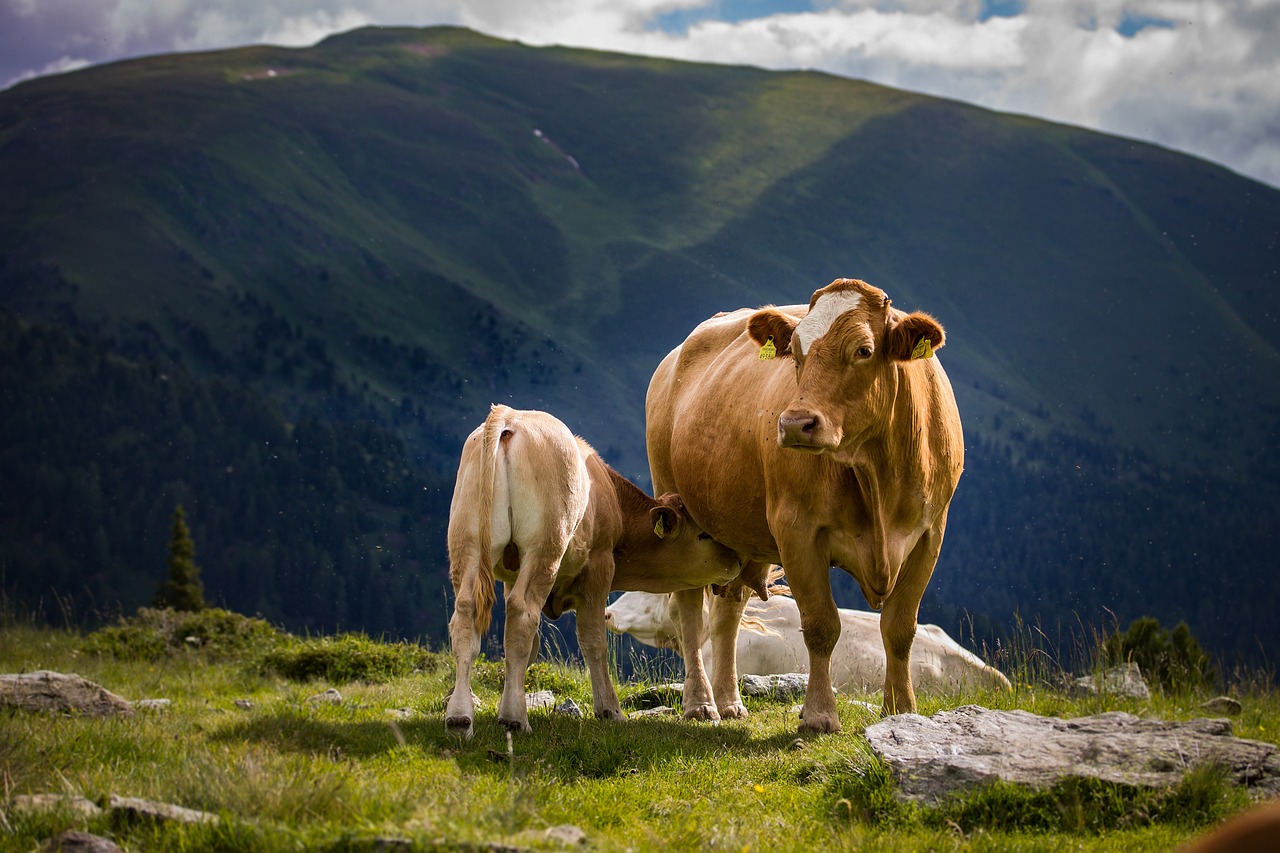In a global precedent, Denmark imposes the world’s first tax on cow emissions.

A wide majority of political parties in the Danish parliament agreed on how to implement what is known as the “Triple Green Alliance” after months of uncertainty and rumors.
Starting from 2030, Danish farmers will have to pay about 43 US dollars for each ton of methane produced by their cows, following the introduction of the world’s first tax on agricultural emissions.
The “triple green alliance” agreement was announced last June. And now Denmark has set a global precedent by taking this pioneering step, which had been under negotiation among the country’s major parties, farmers, industry, labor unions, and environmental groups for several months.
The ambitious plan aims to transform the agricultural sector in Denmark while enhancing cooperation among stakeholders.
Starting from 2030, Danish farmers will have to pay 300 kroner (43 US dollars, 34 British pounds) for each ton of methane emissions. The tax will increase to 750 kroner by 2035, placing Denmark at the forefront of efforts to reduce greenhouse gas emissions from livestock, including cows and pigs.
The Minister of the Green Alliance, Jeppe Bruus, emphasized the urgent need for this step to achieve Denmark’s climate goals. He said, “We will do whatever it takes to achieve our climate goals,” pointing to the broad parliamentary support the initiative has received.
Bruce pointed to the scale of the task ahead of them, saying: “It is an enormous task being carried out now, which involves converting large areas of agricultural land into forested areas and natural spaces.” The goal is to improve the environment and restore natural life in the deep coastal areas of Denmark, which have been damaged due to human activities such as agriculture.
In addition to reducing methane, the agreement includes significant measures to address nitrogen pollution, which has greatly affected the Danish fjords, long and narrow coastal water bodies within the land with steep and high sides.
Nitrogen emissions are expected to decrease by 13,780 tons annually by 2027, according to the French Press Agency.
The plan also focuses on restoring biodiversity and expanding natural habitats. The plans include planting 250,000 hectares of new forests and rehabilitating 140,000 hectares of wetlands (or marshy lands) currently used for agriculture.
Wetlands, known for their ability to store carbon, will play a crucial role in Denmark’s efforts to rehabilitate the environment.
Bruce said, “Danish nature will change in a way we haven’t seen since the wetlands were drained in 1864.”




